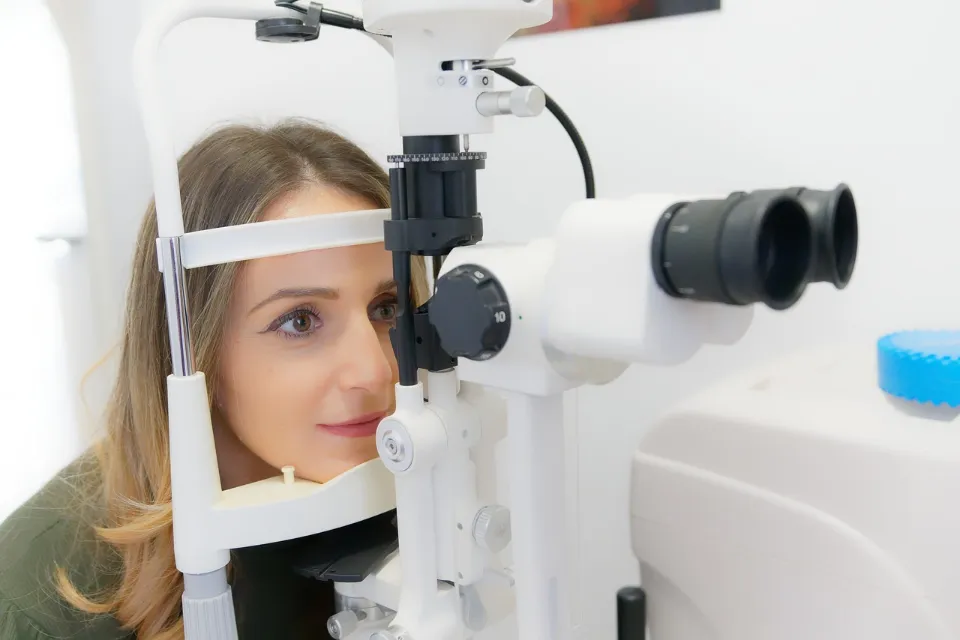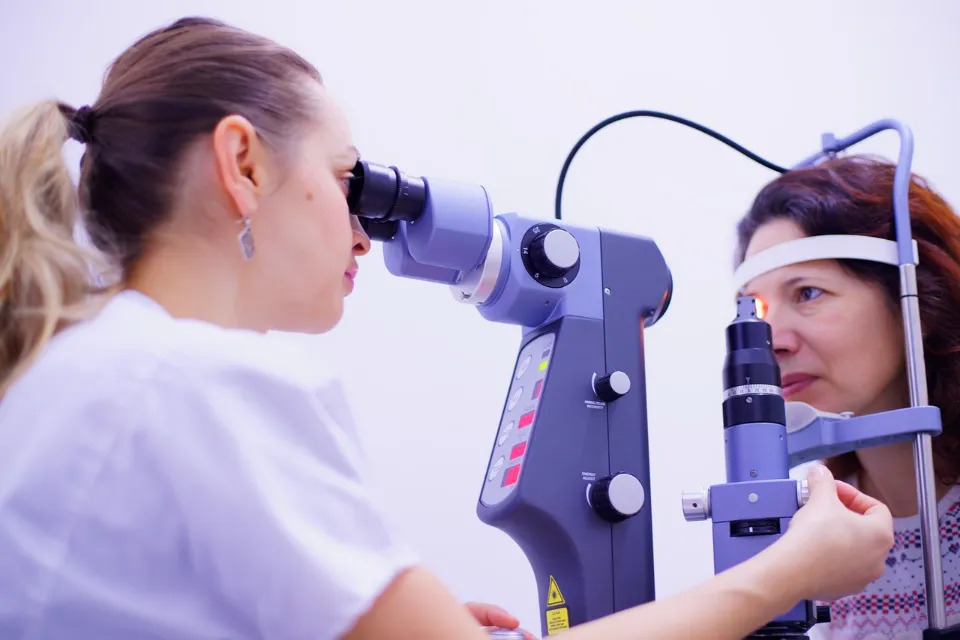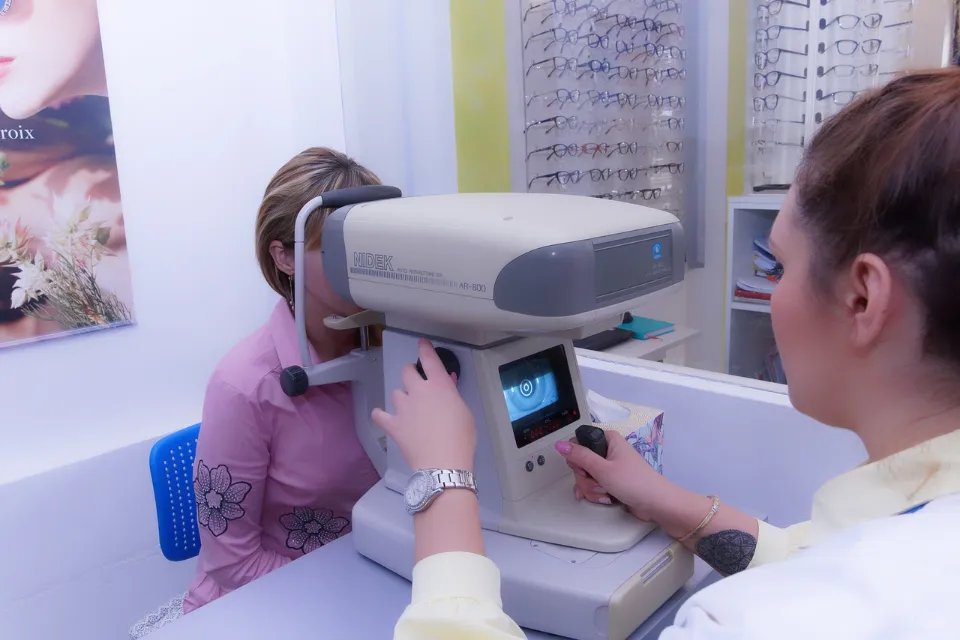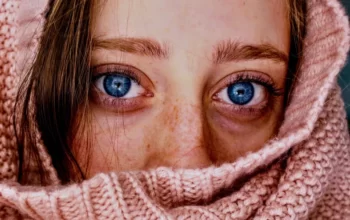
Cataracts are a common age-related eye condition that affects millions of people around the world. It occurs when the clear lens of the eye becomes cloudy, causing blurred vision, and difficulty seeing in low-light conditions. While cataracts are more common in older adults, they can affect people of all ages. However, not everyone will develop cataracts in their lifetime.
As you get older, cataracts are common. In fact, more than half of all Americans 80 years of age or older have undergone cataract surgery to remove their cataracts.
In this post, we will explore the factors that influence the development of cataracts and whether everyone gets cataracts.
What Are Cataracts?

The lens of the eye is responsible for focusing light onto the retina, which sends visual signals to the brain. The lens is composed of proteins and water arranged in a precise way to keep it clear and transparent. As we age, the proteins in the lens start to break down and clump together, causing the lens to become cloudy. This cloudiness is what we call a cataract.
Cataracts typically develop slowly over time and can affect one or both eyes. Some common symptoms of cataracts include blurred or hazy vision, sensitivity to light, difficulty seeing at night, and double vision. If left untreated, cataracts can lead to significant vision loss and even blindness.
Risk Factors for Cataracts

While aging is the most significant risk factor for cataracts, there are other factors that can increase the likelihood of developing them. Some of these factors include:
- Genetics: Some people are more predisposed to developing cataracts due to their genes. If you have a family history of cataracts, you may be more likely to develop them yourself.
- Medical Conditions: Certain medical conditions such as diabetes, high blood pressure, and obesity can increase the risk of developing cataracts.
- Lifestyle factors: Smoking, excessive alcohol consumption, poor nutrition, and prolonged exposure to UV rays from the sun or other sources can increase the likelihood of developing cataracts.
- Trauma: Eye injuries, such as blunt trauma or penetrating injuries, can increase the risk of developing cataracts.
- Medications: Some medications, such as corticosteroids, can increase the risk of cataracts.
Can Everyone Get Cataracts?
While cataracts are more common in older adults, not everyone will develop cataracts in their lifetime. In fact, some people may develop cataracts earlier in life due to genetics, medical conditions, or lifestyle factors. Conversely, some people may never develop cataracts, even if they live to a ripe old age.
According to the American Academy of Ophthalmology, by the age of 80, more than half of all Americans will have a cataract or have had cataract surgery. However, this does not mean that everyone will develop cataracts. Some people may never develop cataracts, while others may develop them earlier in life.

Prevention and Treatment of Cataracts
While cataracts cannot be prevented, there are steps you can take to reduce your risk of developing them. These steps include:
- Wearing sunglasses: Wearing sunglasses that block UV rays can protect your eyes from the harmful effects of the sun and reduce your risk of developing cataracts.
- Eating a healthy diet: Eating a diet rich in fruits and vegetables can provide your eyes with the nutrients they need to stay healthy and reduce the risk of cataracts.
- Quitting smoking: Smoking is a significant risk factor for cataracts. Quitting smoking can reduce your risk of developing cataracts and other eye conditions.
- Managing medical conditions: If you have a medical condition such as diabetes or high blood pressure, managing it effectively can reduce your risk of developing cataracts.
- Regular eye exams: Regular eye exams can detect cataracts in their early stages, allowing for early treatment and potentially preventing significant vision loss.
If you do develop cataracts, the most effective treatment is cataract surgery. During this procedure, the cloudy lens is removed and replaced with an artificial lens implant. Cataract surgery is a safe and effective procedure that can improve vision and quality of life for those with cataracts.
Conclusion
In conclusion, while cataracts are a common age-related eye condition, not everyone will develop them. Age, genetics, medical conditions, lifestyle factors, and medications can all influence the likelihood of developing cataracts. However, there are steps you can take to reduce your risk of developing cataracts, including wearing sunglasses, eating a healthy diet, quitting smoking, managing medical conditions, and getting regular eye exams. If you do develop cataracts, cataract surgery is a safe and effective treatment option that can improve vision and quality of life.
FAQs
Is It Possible Not to Get Cataracts?
Unfortunately, as we age, cataracts become inescapable because there is no scientific evidence that they can be completely prevented. Recall that this is only a guide and should not be used in place of medical advice from your eye doctor.
What Age Do Cataracts Usually Start?
The main contributor to cataract risk is age. Around the age of 40 to 50, age-related cataracts can appear. Where you live: According to recent research, people who live at high altitudes are more likely to develop cataracts.
What is the Main Cause of Cataract?
The majority of cataracts are brought on by the natural changes that occur in your eyes as you age. Your eye’s lens is transparent when you are young. The proteins in your eye’s lens begin to deteriorate and clump together around the age of 40. Your lens becomes cloudy from this clump, which is referred to as a cataract.



